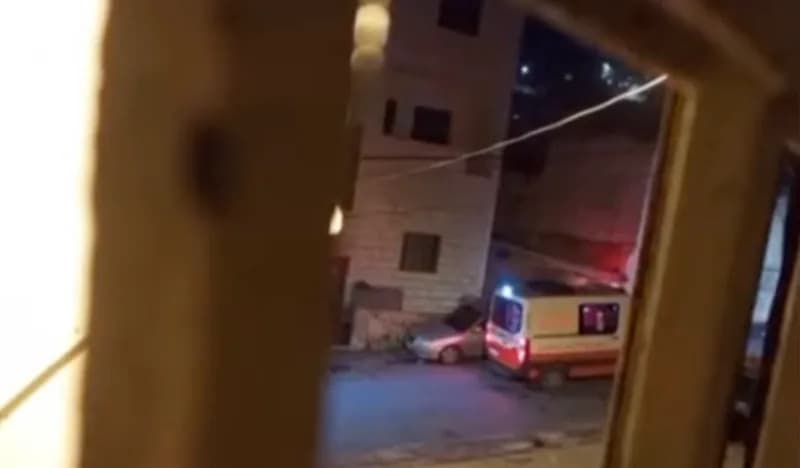Basel Adra, 29, co-director of the Oscar-winning documentary "No Other Land," has spent years documenting alleged settler and army violence near his village of At Tuwani in the West Bank. He says incidents have intensified since the October 2023 Gaza war and that he has amassed hundreds of videos and numerous interviews. Local activists report widespread displacement, demolitions and one high-profile killing that prompted an investigation. Residents of Umm al-Khair received 14 demolition orders but say they will remain on their land.
Oscar-Winning Palestinian Filmmaker Documents Daily Settler and Army Violence in the West Bank

Oscar-winning filmmaker Basel Adra documents daily violence in the West Bank
Armed with a camera, Basel Adra — a 29-year-old Palestinian and co-director of the Academy Award–winning documentary "No Other Land" — has spent years documenting clashes, demolitions and what he describes as routine impunity by settlers and soldiers in the occupied West Bank. From his home in the village of At Tuwani he can see the nearby Maon settlement; what appears calm from afar, he says, masks near-daily incidents involving settlers and the Israeli military.
Adra says conditions have deteriorated since the Gaza war began in October 2023. "The world allows Israelis — and gives them the impunity — to commit crimes," he told reporters. In the nine months since he accepted his Oscar, he says he has given numerous interviews and collected hundreds of videos documenting alleged settler violence carried out under army protection.
Violence, displacement and legal battles
According to the Palestinian health ministry in Ramallah, roughly 1,000 Palestinians have been killed in the West Bank since October 2023. Israeli official figures report at least 43 Israeli deaths in the same period, including soldiers. Humanitarian observers and residents describe dozens of communities and families displaced by a wave of attacks and demolitions.
Adra and others say the presence of international and Israeli activists — intended as a deterrent — has had limited effect. He cited the July 28 killing of activist Awdah Hathaleen, who was filming settlers using a bulldozer on his family land when he was killed. The incident was widely filmed and sparked an Israeli police investigation, though authorities did not classify the death as murder. Adra says the settler responsible returned to the site days later and resumed work.
"Dozens of Palestinian communities and villagers have fled their homes during this time because of settler and occupation forces' violence, attacks and killings," Adra said.
Residents of the Masafer Yatta area, which includes At Tuwani, report continuous expansion of settlements and outposts. After a lengthy legal battle, Israel's Supreme Court in 2022 ruled in favour of the army in a case that cleared the way for potential eviction of residents from eight villages in the area. In late October, Israel's parliament advanced far-right-backed bills that would push toward annexation of West Bank territory, raising further fears among Palestinians about displacement and loss of land.
Umm al-Khair: demolition orders and resolve
In the nearby Bedouin village of Umm al-Khair, a handful of concrete houses stand surrounded by settler mobile homes and permanent structures. Community leader Khalil Hathaleen — brother of the slain activist — displayed 14 demolition orders issued on October 28, giving residents 14 days to appeal. The village's roughly 200 residents trace their ancestry to Bedouins expelled from the Negev in the early 1950s.
"Even if the entire village is demolished, we will stay on this land and we will not leave," Hathaleen said, explaining there is nowhere else for his community to go.
Adra says he and his family have also faced arrests and attacks. He recounted an incident in which settlers entered their land, assaulted people, threw stones and carried sticks — and one man allegedly had a gun. Two of Adra's brothers were slightly injured; he says police arrived but the assault continued while they observed. The military told reporters it responded to reports of rock-throwing incidents and conducted searches and questioning.
This reporting documents the experiences and claims of residents and activists on the ground. It records their accounts, the reported casualty figures cited by Palestinian and Israeli authorities, and the legal and political context that shapes daily life in parts of the West Bank.
Help us improve.




























